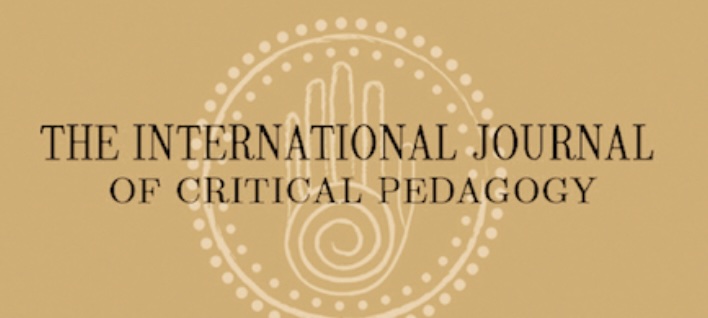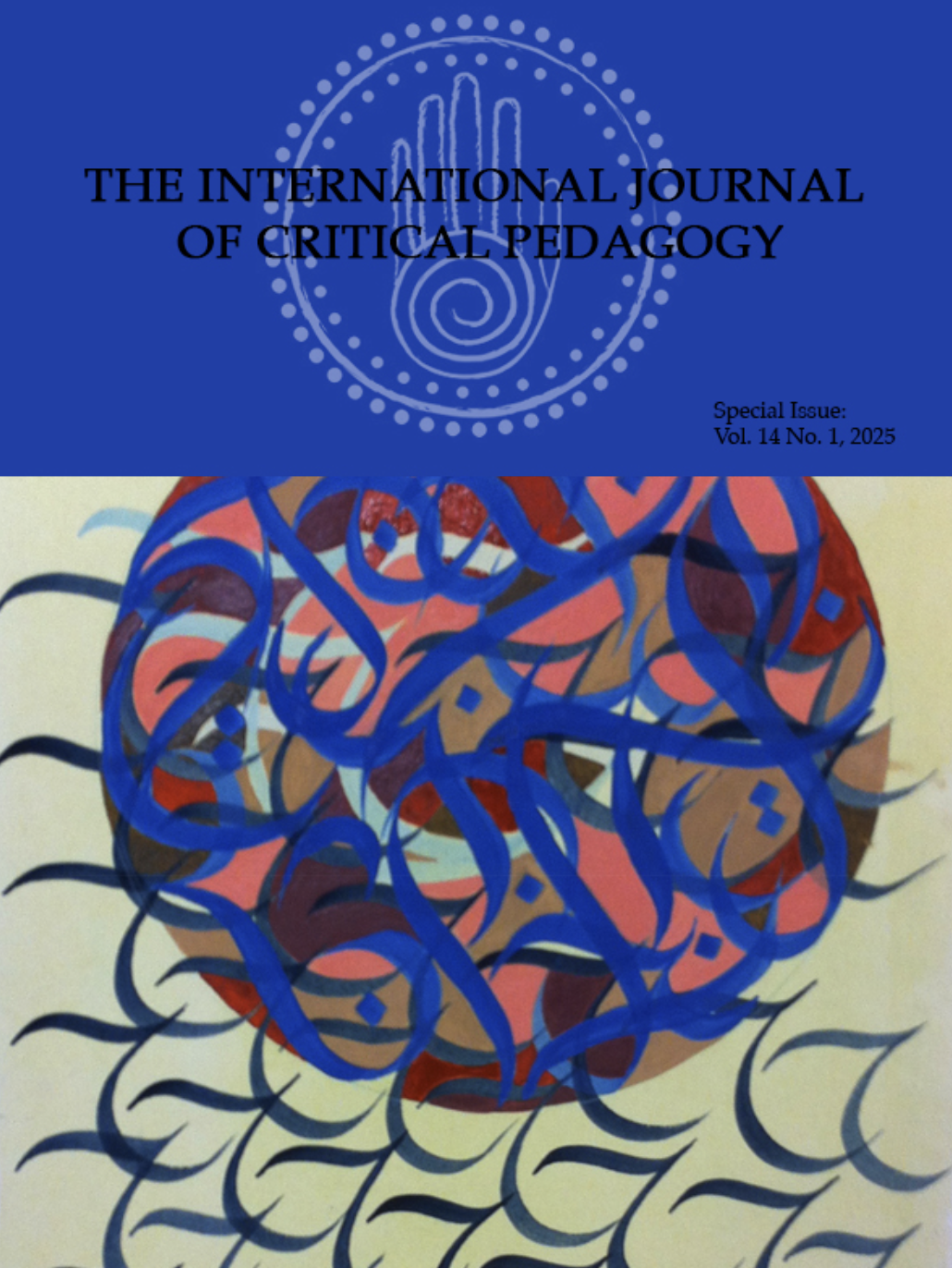Abstract
This article, acknowledging the variety of interpretations and applications of critical pedagogy, delves into the thought and politics of Paulo Freire to review theoretical and political foundations, along with a consideration of common criticisms and responses from critical theorists. Informed by recent literature, I highlight the theory of critical pedagogy as dialectic, and examine the inherent political nature of critical pedagogy as non-sectarian, anti-neoliberal, radical-progressive, democratic, and humanist. After reviewing the theoretical and political foundations of critical pedagogy, I consider criticisms in the literature related to its emphasis on theory as abstract, potential inherent sexism and cultural invasiveness. As I aim to show, these criticisms, while not without some merit, are based primarily on a strawman portrayal of critical pedagogy as inherently liberating without serious interrogation of the intentions of the teacher. Noteworthy criticisms which may help the field of critical pedagogy to evolve beyond a myopic view of democracy originate from Indigenous scholars’ approach to integration and critique of critical pedagogy. The significance of this article pertains to clarification and reconsideration of critical principles in an era where schooling serves as a battleground between liberal and conservative forces. In an era of polarization, critical pedagogy contributes an underrepresented perspective in this debate, as it critiques both Right and Left, offering a critically nuanced rather than a sectarian assessment.
Keywords: Critical pedagogy, Paulo Freire, Educational politics
How to Cite:
Kitts, H., (2020) “Neither Liberal nor Conservative: The Theoretical and Political Nuance of Critical Pedagogy in a Sectarian Climate”, International Journal of Critical Pedagogy 11(1).
Downloads:
Download PDF
View PDF

